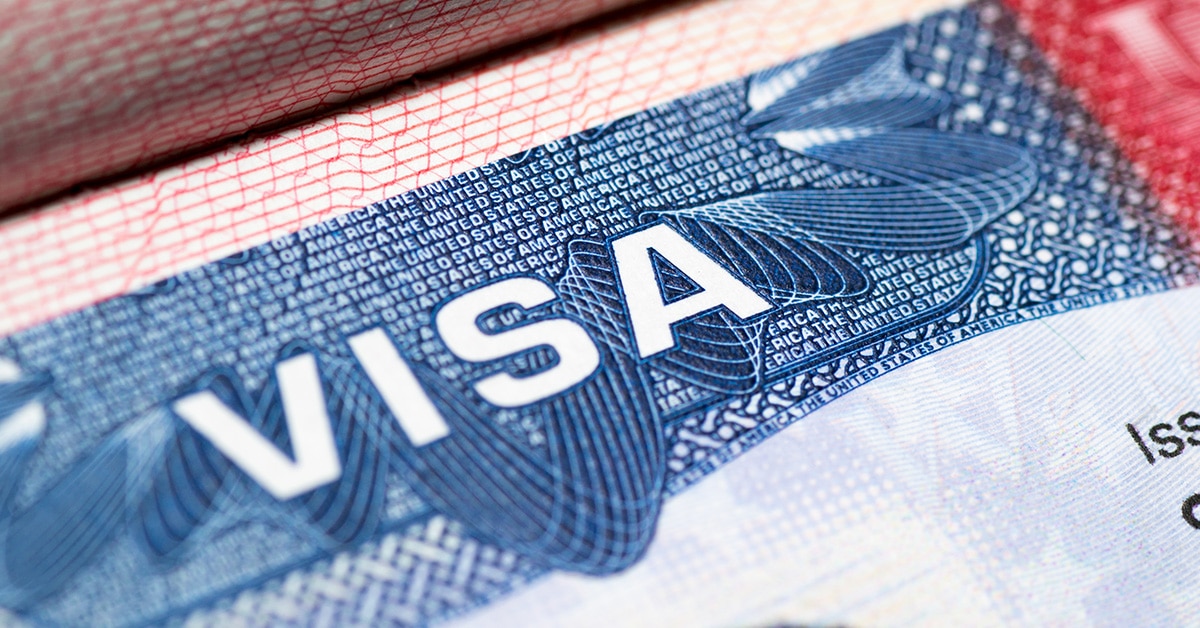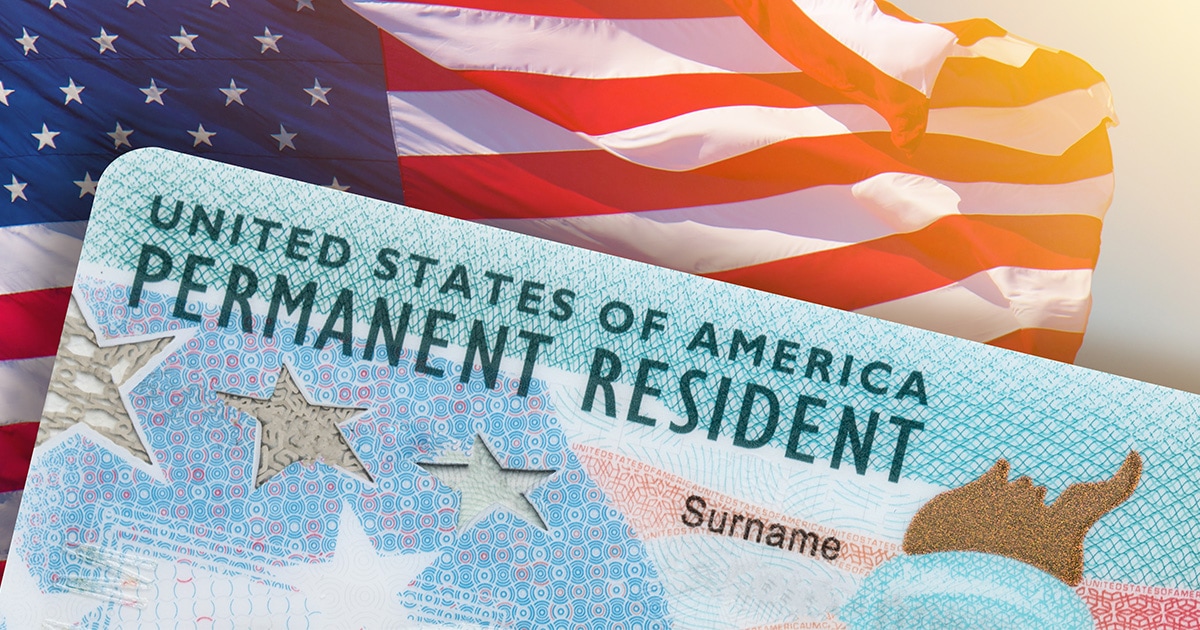If you’re living in the United States as a non-citizen, you may have come across the term “Alien Registration” in the last few weeks as it flies around social media, catching attention and scaring the uninformed. It sounds outdated (and frankly a little sci-fi), but it’s an important piece of US immigration law that still applies today. So, what exactly is alien registration, and do you need to do anything about it?
Let’s break it down—but before we do I want to always highlight that I am not an immigration attorney and this is not legal advice or even personal advice. You should always seek legal advice in relation to immigration matters and we recommend some great ones.
What is Alien Registration?
Alien registration refers to the legal requirement that non-citizens (also referred to as “aliens” under US law) must notify the US government of their presence and maintain up-to-date records. This includes a requirement to report address changes and to carry documentation proving immigration status.
The rules are governed by the Immigration and Nationality Act (INA) and enforced by US Citizenship and Immigration Services (USCIS). These laws have been in place for decades and are designed to help the government maintain an accurate record of non-citizens living in the United States.
Who Needs to Register?
Nearly all non-citizens in the US, with few exceptions, are required to register. This includes:
- Green card holders (lawful permanent residents)
- Temporary visa holders (such as E-3, H-1B, F-1, etc.)
- Individuals with pending immigration applications
- DACA recipients and other protected status holders
What Are You Required to Do?
There are a few key obligations under alien registration:
1. Carry Your Documents
Every non-citizen aged 18 or older must carry their immigration documents with them at all times. This includes your I-94 record, EAD card, Green Card, visa, or passport with visa stamp.
2. Report a Change of Address
If you move, you must notify USCIS of your new address within 10 days of relocating. This can be done online using Form AR-11 at uscis.gov/ar-11.
Failure to update your address can lead to serious consequences—including being found in violation of immigration status.
3. Maintain Valid Status
Staying within the bounds of your visa or immigration status is a key part of registration. Overstaying or working without authorization can jeopardize your future in the US.
What About the 2025 Executive Order on Enforcement?
In January 2025, President Trump signed an executive order titled Protecting the American People Against Invasion, which reignites attention on alien registration laws. While this order does not necessarily change the direction of existing legislation, it does direct federal agencies to prioritize enforcement of existing registration requirements under 8 U.S.C. §§ 1301–1306.
The executive order specifically calls on the Department of Homeland Security to:
“Immediately announce and publicize information about the legal obligation of all previously unregistered aliens in the United States to comply with the requirements of part VII of subchapter II of chapter 12 of title 8, United States Code;”
“Ensure that all previously unregistered aliens in the United States comply with the requirements…”
“Ensure that failure to comply… is treated as a civil and criminal enforcement priority.”
In plain terms: if you're a non-citizen living in the US and haven't properly registered your presence or reported your address, you're now at higher risk of enforcement action.
This doesn’t affect lawful visa holders who are complying with their status—but it's a good reminder to double-check that you're up to date with your obligations.
Why It Matters
Failing to comply with alien registration requirements can have serious consequences:
- You may lose immigration benefits
- You could face removal (deportation) proceedings
- You might be denied future visas or immigration applications
For most non-citizens, the key takeaway is simple: keep your documents up to date, carry them with you, and notify USCIS when you move.
Final Thoughts
“Alien registration” may sound like an old-school term, but it’s a real and ongoing part of your obligations if you’re living in the US on any kind of visa or green card. It doesn’t require a separate process in most cases—just keep your information accurate and accessible, and make sure to file that AR-11 change of address if you move.
With renewed focus from federal agencies in 2025, staying compliant is more important than ever.
Got questions about what applies to you? Be sure to check uscis.gov/alienregistration for official guidance or speak with an immigration professional.







